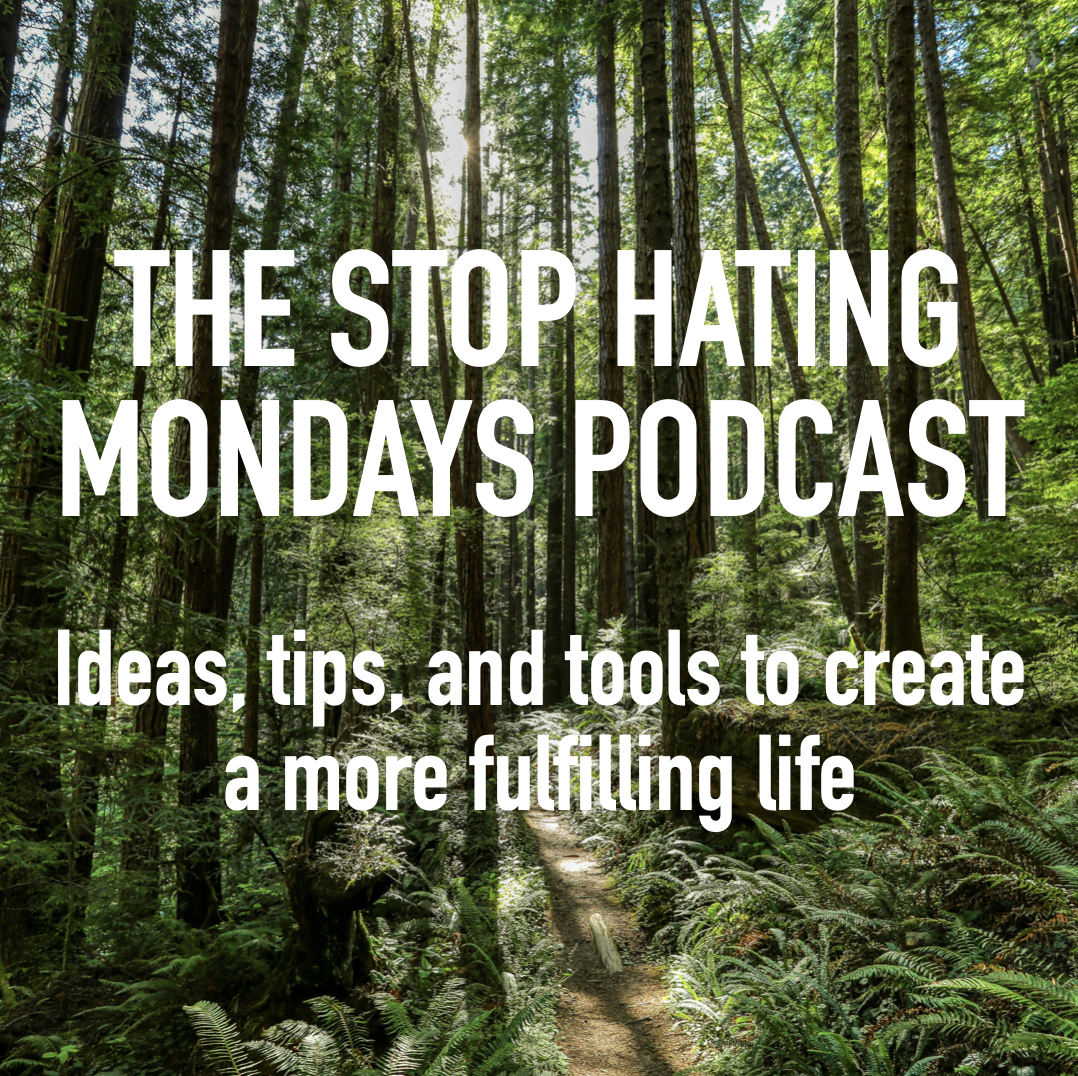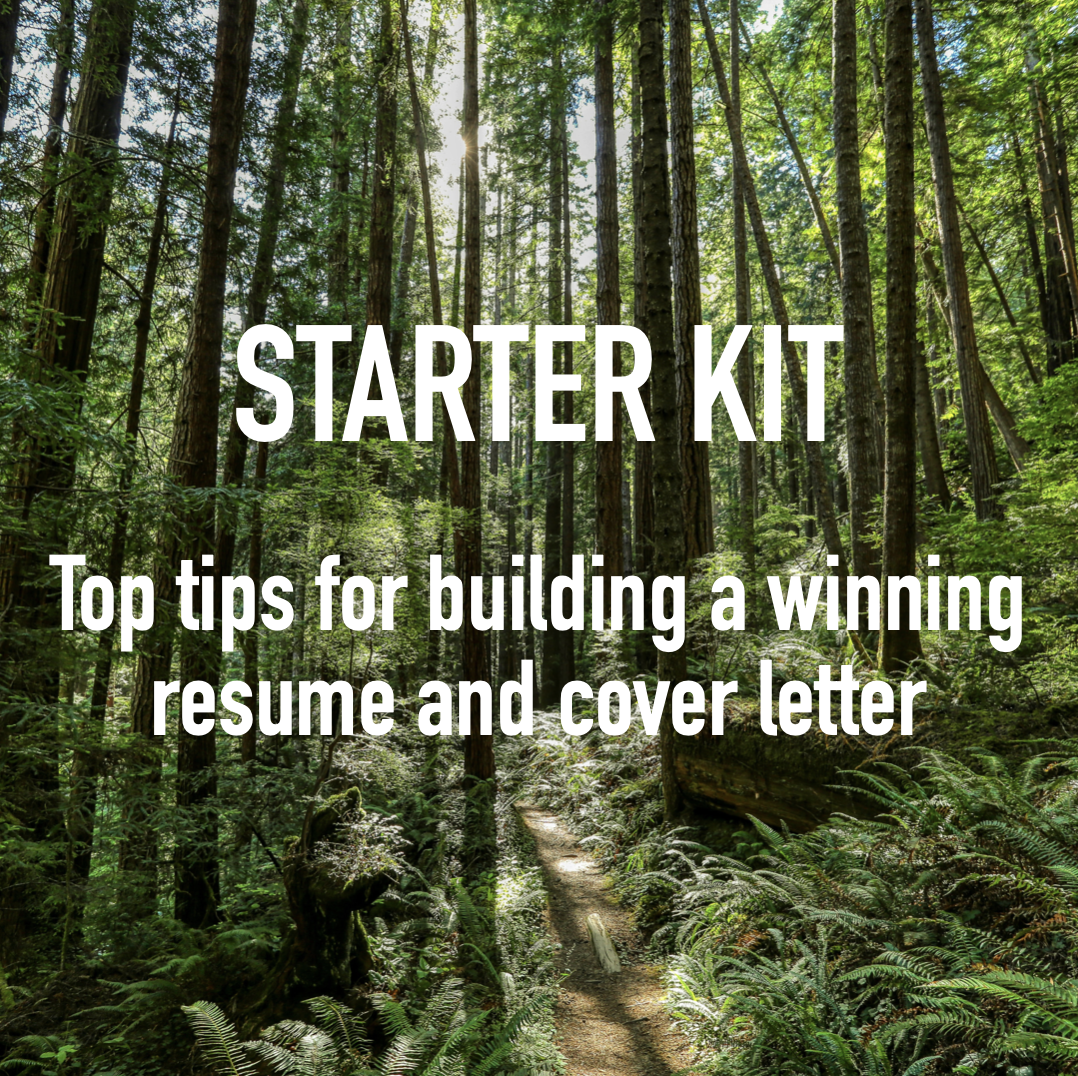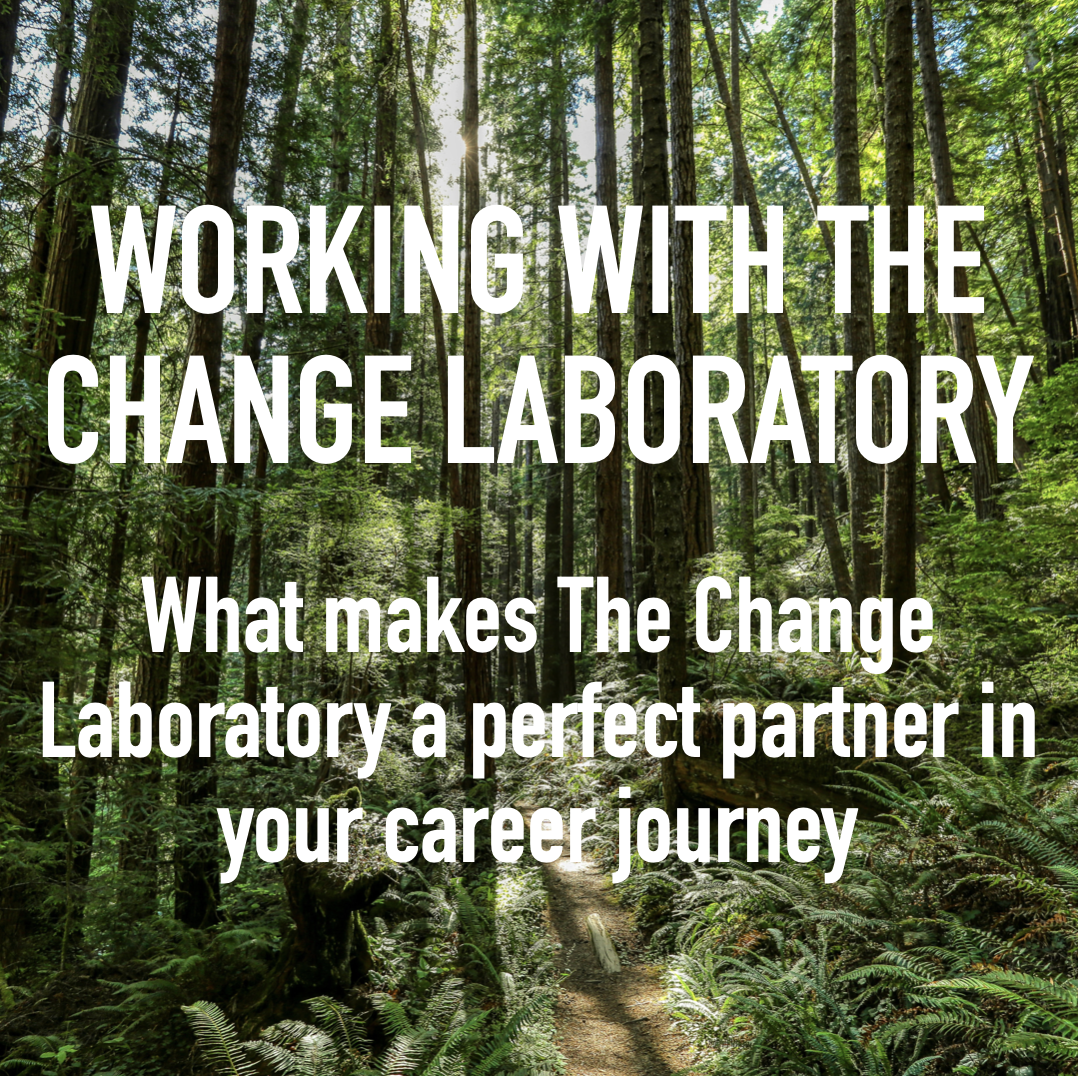How to Find Your Passion: Put It All Together
Kent R.
It's payoff time!
In this episode of the Stop Hating Mondays Podcast, we talk about how to take everything you've learned – all of the tips and tools we've outlined in previous episodes of the "Find Your Passion" series – and apply it in a way that will help you begin to find passion in your life.
TRANSCRIPT
(Transcripts are auto-generated and may contain minor errors)
Caanan
It's payoff day! If you've been following along this season, this is the part of the process where the hard work really starts to pay off.
You're listening to the season because you are interested in finding your passion and today is the day when we talk about how to take everything you've learned and apply it in a way that will help you begin to find passion in your life.
As a side note, if you haven't already listened to the first three episodes of this season, we encourage you to do so.
We like to make sure that every episode of this podcast is meaningful by itself; we like them to stand alone. But since we're outlining a framework for finding passion across this season, it's fairly important to go back and get caught up.
Anyway, let's get to it. I'm Caanan here with Kent and you're listening to the Stop Hating Mondays podcast our topic today – one we’re especially excited about – is how to apply everything you've learned so far to begin to find passion in your life.
Kent
Yeah, so this episode is really about making good use of what we've done so far. We've looked at strengths and values in episode two. And then in episode three we looked at our life wheel. And now you're kind of looking at all those facets, your strengths, your values, applying those to the elements of your life wheel and finding clues about your passion. So in this episode we're really getting into some things that help you as you're finding those clues, making those determinations, and continuing on your journey to passion, fulfillment, purpose. Yes, again, we use those things kind of interchangeably.
And something that I want to say today is that we all have a lot of things going on. And a lot of the people we work with a lot of people that we know try to force a passion. And we've talked about this in previous episodes. If something is not a passion, it's not meant to be pursued or people have these kind of strange ideas that they get so focused on passion that they forget that you have other things going on and not everything is meant to be a passion so.
So let's talk specifically about interests and the fact that you can have a lot of interest – maybe interests that you wish were a pet or a passion, but they're just interest. So our tip number one, understand the difference between interests and passion.
Caanan
This is a really good point because it's very difficult. I think for most people to wrap their brains around – the difference between interests and passion. And the two things are often – in fact, maybe they're always – conflated when you hear about them in the media. So, maybe you don't even know that there is a difference between interests and passion, but in fact there is. And you made a really good point about this idea that if we're so focused on pursuing passion, that if it doesn't… if something we enjoy doesn't rise to the level of passion or it doesn't bring the flow and the fulfillment that passion does, then we feel like it doesn't have any value, which is really sad where?
Kent
We try to force the passion. This is this is what we really work with a lot of people on – and I'm just going to come out this in the easiest possible way because it happens a lot with music sports, things like that – everybody wants to be a great musician or a great sports player. It's fine to have those interests even if they don't authentically align with your natural strengths and talents. Your values. Your life wheel. It's getting comfortable knowing what's an interest and what your passion is, and being comfortable knowing that you can pursue your interests without an unrealistic goal of making it a passion… so people get confused too. Let me just say this real quick. People get confused, too, because once you're on that journey to passion, purpose, fulfillment – you're continually improving. And the same is true with an interest. You can become a better football player, a better piano player, a better runner. It's just really knowing that distinction between what your natural strengths and abilities are versus things you're doing outside of those natural strengths and abilities that you're also enjoying and improving them.
Caanan
OK. There we go. That's what I was wanting to make sure we got across is what that actual distinction is between interests and passion. And you just nailed it.
Kent
Well, I was talking about… If finding your passion takes hard work, then why is it so commonly presented as such an easy task?
Caanan
Ha, that's such a good question.
Kent
Yeah, and perhaps more specifically, you're not putting in the work as we talked about in the prior episodes to understand your strengths and values and figure out your life, then you're likely grasping at things in an attempt to harness your passion – likely grasping at things that are, frankly, off base for you. There oftentimes beliefs. So, our second tip is to evaluate beliefs.
Caanan
Yeah, this is so important because, so often, you will make decisions about your life and what you believe might be a passion based on deeply held beliefs that, in fact, are not your own beliefs. They’re beliefs you've adopted because they've been presented to you or they've been, you know, driven through your family or your…
Kent
Yeah, your employer tells you to believe in blank and to be passionate about the company mission. Your friends and family tell you to be passionate about their interests and what they think is best for you. Politicians tell you to believe in and be passionate about their policies and their viewpoints so…
Caanan
Your religion. Your parents will tell you what religion you believe in.
Kent
Yes, and so you start to over-align with beliefs and turn them into the way you move through life rather than doing that deeper work of figuring out you.
Caanan
Yes, and the deeper work is incredibly important because some of these beliefs may in fact align with your natural beliefs. They may be true for you. But many won't be. So you need to evaluate your beliefs and determine “are these my beliefs? Or are they somebody else’s beliefs that I've adopted?” before you lean into those beliefs to try to find a route to a passion.
Kent
Yes, so with that we have sort of a final tip / exercise. So in the first couple episodes you've looked at the activities you're doing day in and day out and you determined what we call green and red. Consider that work you've done in the first couple areas of this podcast season and then fold in this examination of looking at your beliefs… then you're able to frame an informal plan of action. It'll help you figure out how to be doing more of those green activities and how to feel like you're moving the bar in all those slices of the pizza and all your life wheel areas.
This tip is, look at what you were already doing and believing.
Caanan
Yeah, because the answer to that question can be so illuminating on your path to finding your passion. areas where you realize that you are believing something that isn't an authentic belief of yours – a belief you've adopted because you've been told to… “I think I'm going to be an accountant because my dad is an accountant and I've always been told I should be an accountant.” That's pretty basic, but realizing that that is not a belief you personally held or came to is going to provide a lot of clarity around what not to do when you're looking for your passion. And of course, the opposite is true as well. Areas where the belief does feel authentic to you is a great place to start when you're looking for an area of passion or potential passion.
Kent
Yeah, and I just want to say that doing these things, looking at the green areas, looking at the red areas, examining your beliefs, these can be clear indicators of places in your life where you're already experiencing passion or the start of passion, or alternatively areas in your life where there are roadblocks to experiencing passion where you're aligning outside of your authentic self.
Caanan
So we covered a lot today in a very short amount of time. That's what this podcast is all about, so…
Kent
Especially putting it all together.
Caanan
…Putting it all together podcast. Yeah, it's a big one today. But let me just recap what we covered. We started by telling you to understand the difference between interests and passion. We implored you to evaluate beliefs. And then we wrapped up with an exercise to look at what you're already doing and evaluate what you believe in.



